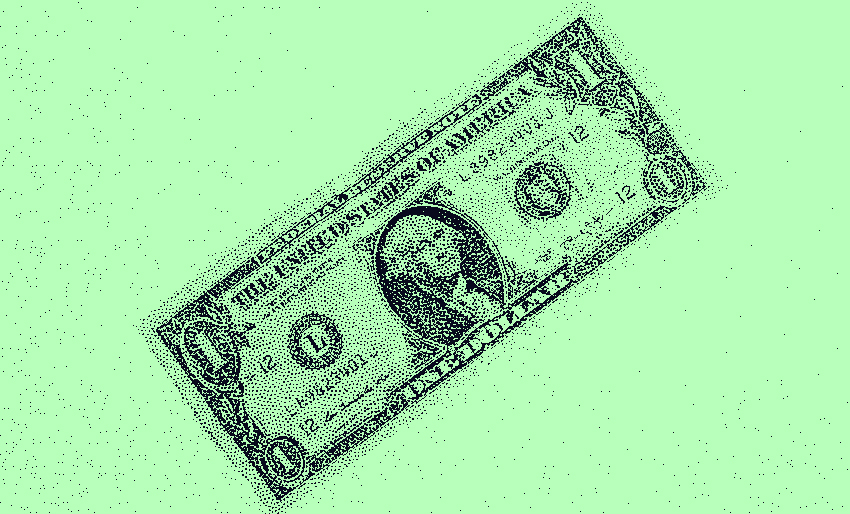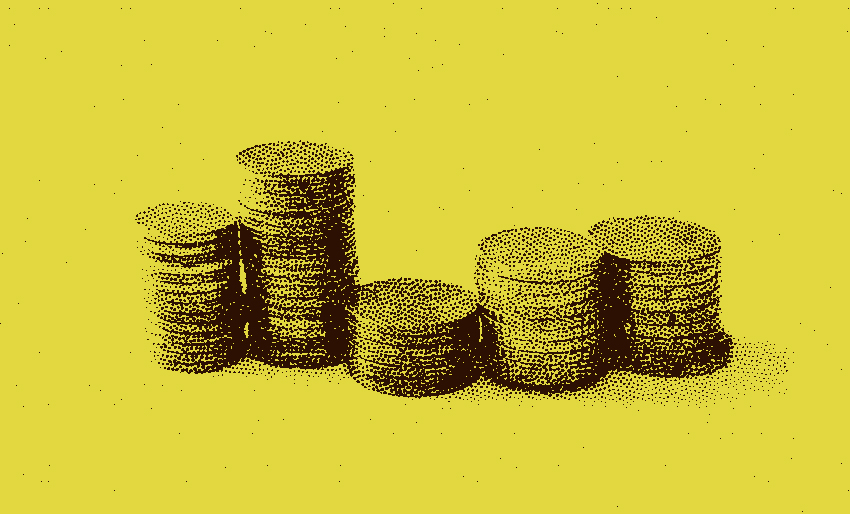Pay Down Debt or Invest?
By Dan Nastou, CFA
So you’ve found yourself with a little extra cash and want to be good to your financial self. Great idea! But what’s the better choice – use that money to pay down your debt or put it towards your investments and watch it grow?
The answer isn’t always clear, but here are a few things to consider that will help you decide.
Getting the biggest bang for your buck
At the most basic level, the question boils down to whether the cost of your debt is higher or lower than what you expect to earn on your investments.
In other words, are you paying a higher interest rate on your loans than you would expect to earn on your investments? Or is your debt interest rate low enough that you can be fairly confident investing the money will be the better option?
Sounds simple enough, right? Well, it’s not always an easy question to answer. But here are a few guidelines to help you make the call.
Start with reasonable investment assumptions
It’s important to remember that anytime we’re talking about future investing returns, we’re talking about expected returns, ie uncertain returns.
You don’t know what the future holds. And you can’t predict your returns perfectly, especially when you’re investing in stocks or similar assets that tend to fluctuate in value. You may have reasonable long-term assumptions, but in any given year, your actual return might be lower. And your long-term assumptions may even be off too. You simply can’t know for sure.
But with your debts, you can be fairly certain what your cost of borrowing is. It’s the interest rate. So you should account for the fact that you’re comparing a known cost of debt with an expected return on your investments when you make your decision.
Remember, a guaranteed rate should carry more weight! Okay, sorry. But you get the idea.
Tackle your high interest debts first
Sometimes it’s pretty clear whether your cost of borrowing is higher than your expected investment return. For example, if you have high interest debt, like credit card debt, you’re almost certainly paying more in interest than you can expect to earn on your investments.
While there’s no exact cutoff, if you’re paying more than 10% on your debts, you’ll want to pay them down ASAP. It’s unlikely you can earn that consistently on your investments.
Consider your risk tolerance and investment choices
If you don’t have any high interest debt, the question becomes a little trickier.
This will partly depend on your situation. One factor to consider is your personal risk tolerance, i.e. your ability and willingness to take financial risk.
• If you’re more likely to invest your money in stocks or other higher risk assets, you might lean towards investing your money and going for that higher return.
• If you’re more risk averse and are more likely to invest your money in lower risk investments like bonds or to hold cash, then paying down debt will probably make more sense.
Account for retirement plans and matching
You should also consider whether you can invest in a tax-advantaged retirement plan, like a 401(k) or IRA. The tax benefits of these accounts might make investing more attractive than paying down debt. Especially if the debt is a mortgage or student loan charging relatively low interest.
Also, and this is a big one, if your employer offers a match on a portion of your contributions, don’t pass it up lightly. It basically amounts to free money. If you’re dealing with high interest debt, keep paying it down. But you should really try to contribute at least enough to get the full match.
Account for the cost of debt prepayments
Some loans carry pre-payment penalties or other costs associated with paying them down ahead of schedule. For example, some mortgages do. Or they may only let you pay a specified portion down at any given time. (Although most mortgages allow you to pay off up to 20% of the balance in any year, which is quite a lot.) So you may need to account for these costs when making your decision to pay down debt or invest.
By law, all student loans are free of any pre-payment penalties.
Don’t forget about taxes
You should really be comparing the after-tax cost of your debt with the after-tax expected returns on your investments. If you have a mortgage, your interest payments are tax deductible, meaning they can be used to lower your taxes.
To convert a before-tax mortgage interest rate to an after-tax rate, take the rate and multiply it by (1-tax rate). So for example, if you have a mortgage that’s charging 5% interest and your tax rate is 35%, your after-tax cost of debt is only 3.25% (65% of 5%).
Interest on student loans may also qualify for a deduction under certain circumstances, which you can read about here. But most other interest payments, like payments on credit card debt, are not tax deductible.
You should also take into account your after-tax investment returns. Interest payments on bonds, stock dividends, and capital gains are all taxable, which we cover in more detail in Tax Basics.
Either path is generally a good decision
While the decision to pay down debt or invest is not always obvious, both are ultimately great for your wallet. Whether you’re paying down debt or investing, you’re building wealth. And that’s the ultimate goal with your finances. So keep saving that cash and put it to good use.
This is intended for educational purposes, not financial advice. Talk to your financial professional if you need help or are thinking about making changes to your investments.
Anything else we can help you with?
How to save more with automation



